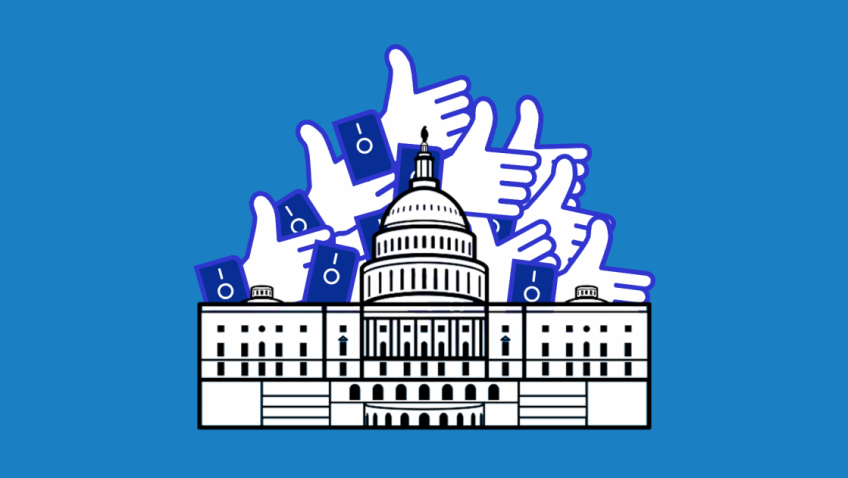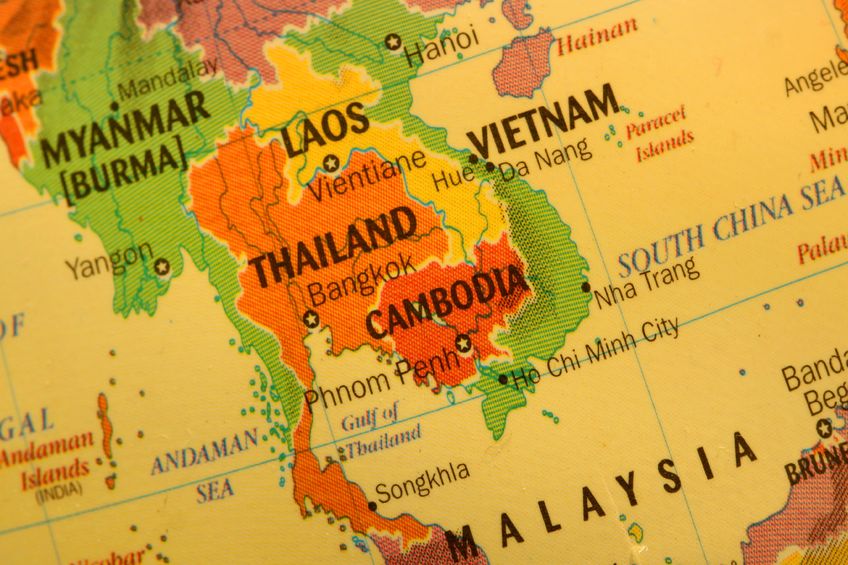On January the 10th 2019 Cambridge Analytica pleaded guilty to using Facebook to collect the private details of 87 million users and strategically targeting them with political ads which helped Trump to victory similarly to the Brexit case. It is still unclear how far the use of controversial targeted advertising by Cambridge Analytica and Aggregate IQ played in two of the biggest political upsets in recent times. Nevertheless prior to this, we have been forced to re-evaluate digital privacy raising important questions such as: How does it fit into our rights as citizens? And where does responsibility fall for the protection of our data, the users or the company? These questions effectively fall into the classic bipartisan political debate of business versus the individual.
In another light one of the reasons for the effectiveness of the Trump campaign came through the use of new technology. Trump’s use of social media was blatant throughout his campaign. To date Trump has sent out over 40,000 unfiltered tweets to his audience of almost 60 million. The shock factor of what he was saying meant that his thoughts were shared or re-tweeted allowing him to remain in the social media spotlight. Social media is an innovative way that politicians are appealing to citizens who don’t regularly vote. Other politicians globally are similarly successfully with utilising social media, Narendra Modi Indian’s current prime minister has a twitter following of over 45 million giving him a wide audience to spread his unaltered agenda.
The power of social media is has been recognised by many but with the dangers are also ever present. ‘Fake news’ was Collins dictionary word of the year in 2017 displaying the growing concern of disinformation. Analysts now see it as one of the greatest threats to democracy as it often overshadows real information because of its shock value. Many major companies such as Google and Facebook are trying to combat misinformation, $300 million dollars in planned to go into Google News Initiative a newly formed . Facebook have already updated its newsfeed featuring an ‘about this article’ giving its users the opportunity to check the credibility of the source and has made additional plans to extend its fact checking partners worldwide in 2019.
The wide prevention of misinformation effectively shows the potential it has to damage society. Although the action taken by social media giants is a necessity it is not enough. We as citizens partially have a duty of eliminating fake news on the unacceptable level it’s on today. Knowing how to spot ‘fake news’, checking sources and credibility before we accept the information as facts is a minor obligation, we must bear in order to recreate a trusting relationship with our media.








